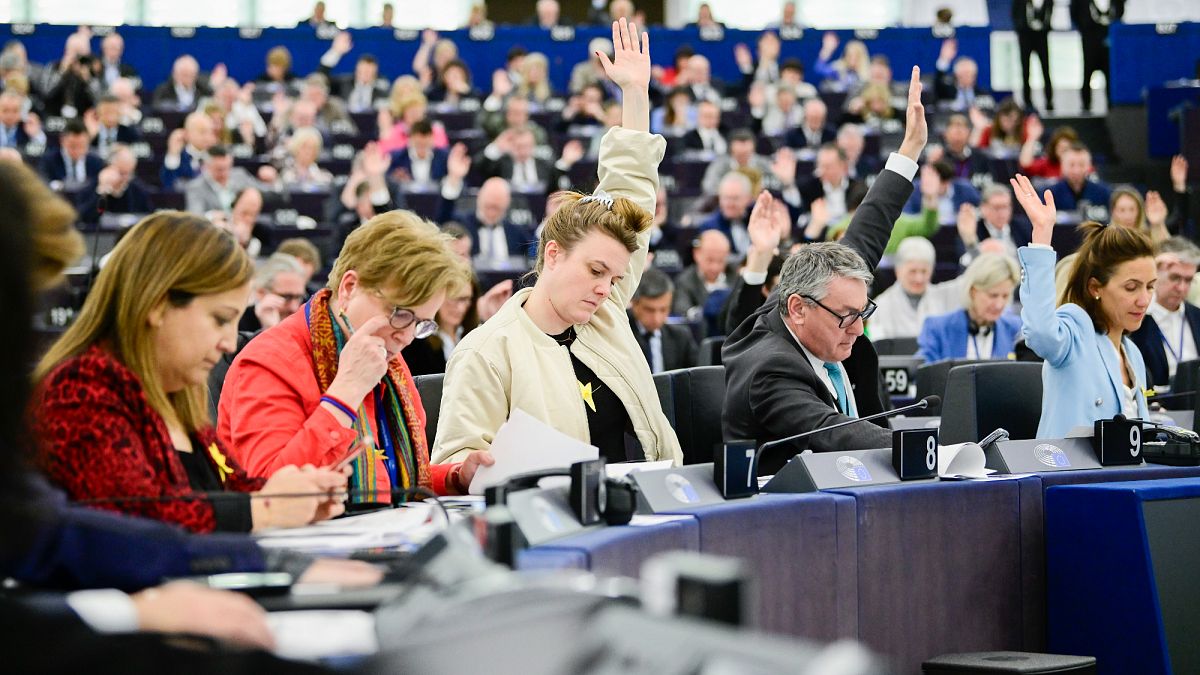Scholz is expected to lose the vote in the German parliament's lower house, or Bundestag, which will take place on 16 December.
German Chancellor Olaf Scholz today requested a confidence vote in Germany's parliament, set to take place next week. He submitted the motion in writing to the President of the Bundestag, Bärbel Bas, as posted on his X account. The motion will then be published as a federal printed paper.
The vote will take place on 16 December. According to Article 68 of the Basic Law, the motion for a confidence vote must be submitted at least 48 hours before the vote.
If a majority of the Bundestag votes against the Chancellor next week - which is expected to be the case - the Chancellor will propose to the Federal President that the Bundestag be dissolved. Federal President Frank-Walter Steinmeier can then decide whether or not to dissolve parliament. However, Steinmeier already indicated in a speech in November that this is the most likely scenario.
Following the dissolution of the Bundestag, new elections must be held within 60 days, as stipulated in Article 39 of the Basic Law. The date for the new elections has already been set for February 23, 2025.
According to media reports, it is not yet clear when Steinmeier will make his decision.
Germany hasn't had a confidence vote since 2005, which former Chancellor Gerhard Schröder lost as he engineered an early election that was narrowly won by centre-right challenger Angela Merkel.
The broken coalition that led to a vote of no confidence
The traffic light coalition, consisting of Scholz's Social Democrats, the FDP (Free Democratic Party) and the Greens collapsed on 6 November after Scholz dismissed Finance Minister Christian Lindner.
Linder had broken his trust “too often”, Scholz told the press at the time, adding that there was “no longer a basis of trust for further cooperation” as the FDP chairman was more concerned with the survival of his own party.
With the FDP leaving the government, Scholz's party no longer had a majority in the Bundestag. Now, in order to pass legislation, the government would need the support of the opposition.

 3 months ago
34
3 months ago
34






 We deliver critical software at unparalleled value and speed to help your business thrive
We deliver critical software at unparalleled value and speed to help your business thrive






 English (US) ·
English (US) ·